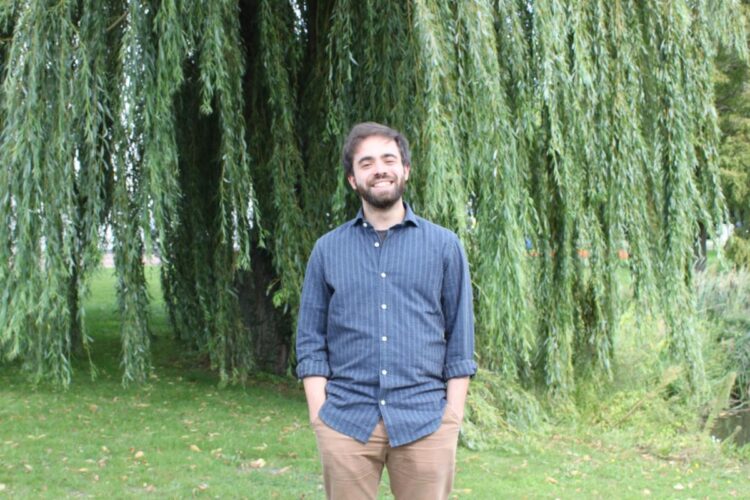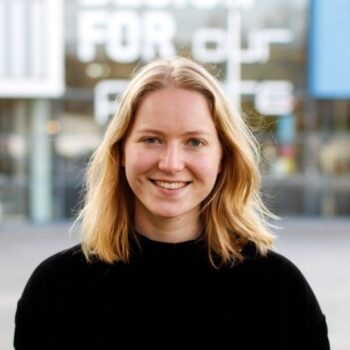‘This experience helped me shift my way of doing design’
Alberto Magni was interviewed by TU Delta about his experience with the Participatory City Making Lab: “a unique experience of being a student and a researcher at the same time”.

“During my master’s I did a few projects at the Participatory City Making Lab, one of the Delft Design Labs at the Faculty of Industrial Design Engineering. The project I did for my graduation was set up in collaboration with the H2020 EU research project DESIGNSCAPES. For that project I focused on investigating how to use design to support teams of urban innovators to sustain their learning journeys for their projects. In other words, how to support them in continuously identifying and developing new capabilities that would help them succeed in their projects.
The experience has been extremely interesting. Working in the Lab, students are in a position to act as researchers and that is really unique. It has given me the chance to be directly involved with some of the top professionals from selected pilots across Europe. I got to work on the development of the capacity building programme and contribute to it with my own research. I learned about how various types of urban innovation initiatives really work, the different stakeholders they must be capable of engaging with, and some of the challenges that those professionals face trying to innovate in the city. Those were all things that I had studied reading papers before, but now were way richer as they were coming directly from the conversations with those professionals.
"Through the Lab, I was able to experiment, and struggle at times, with how to use design for a different purpose, to support others to grow their capacity.”
But the most interesting thing was to be able to experience first-hand a different role as a designer, aimed at facilitating others in learning and developing their own ability to innovate. And this was something new, something that in some of my previous projects I was hoping to do but did not really have the chance to because delivering a service or a product was required instead. Through DESIGNSCAPES and through the Lab, I was able to experiment, and struggle at times, with how to use design for a different purpose, to support others to grow their capacity.
I think in the end this experience helped me shift my way of doing design, to move from striving to find solutions to really focusing on learning with others. It was quite a learning experience, sometimes a rollercoaster, but in the end, it also helped me realise that this was what I wanted to continue to do, also afterwards as a professional. Fortunately enough, after the conclusion of the project I was presented with the opportunity to continue working as a junior researcher and member of the Lab.
The type of challenges that the Lab aims to deal with are complex societal challenges, for example the circular economy, energy transition, and participation in society. They require collaboration of multiple actors in society and that means as a student you are really challenged to experiment with how to facilitate multiple stakeholders to learn what is needed to deal with these challenges together. This is challenging, but also super exciting. The Lab provides a ‘safe space’, a learning environment where you can engage and experiment with real urban stakeholders, and it really gives you the chance to learn how you can best contribute as a designer to help society transition and improve.”
